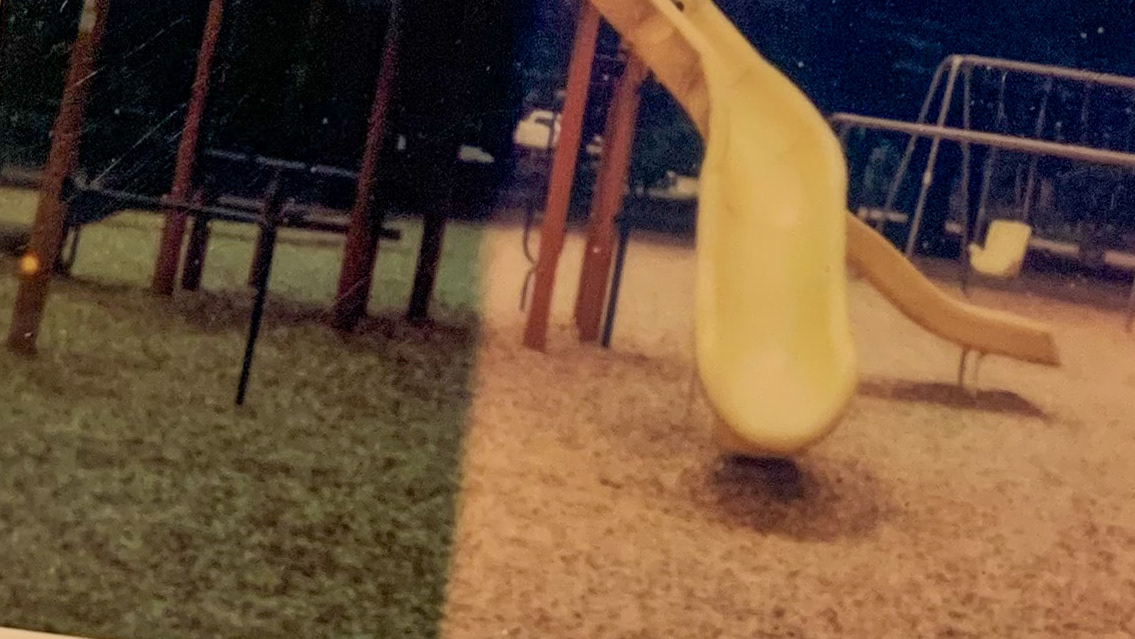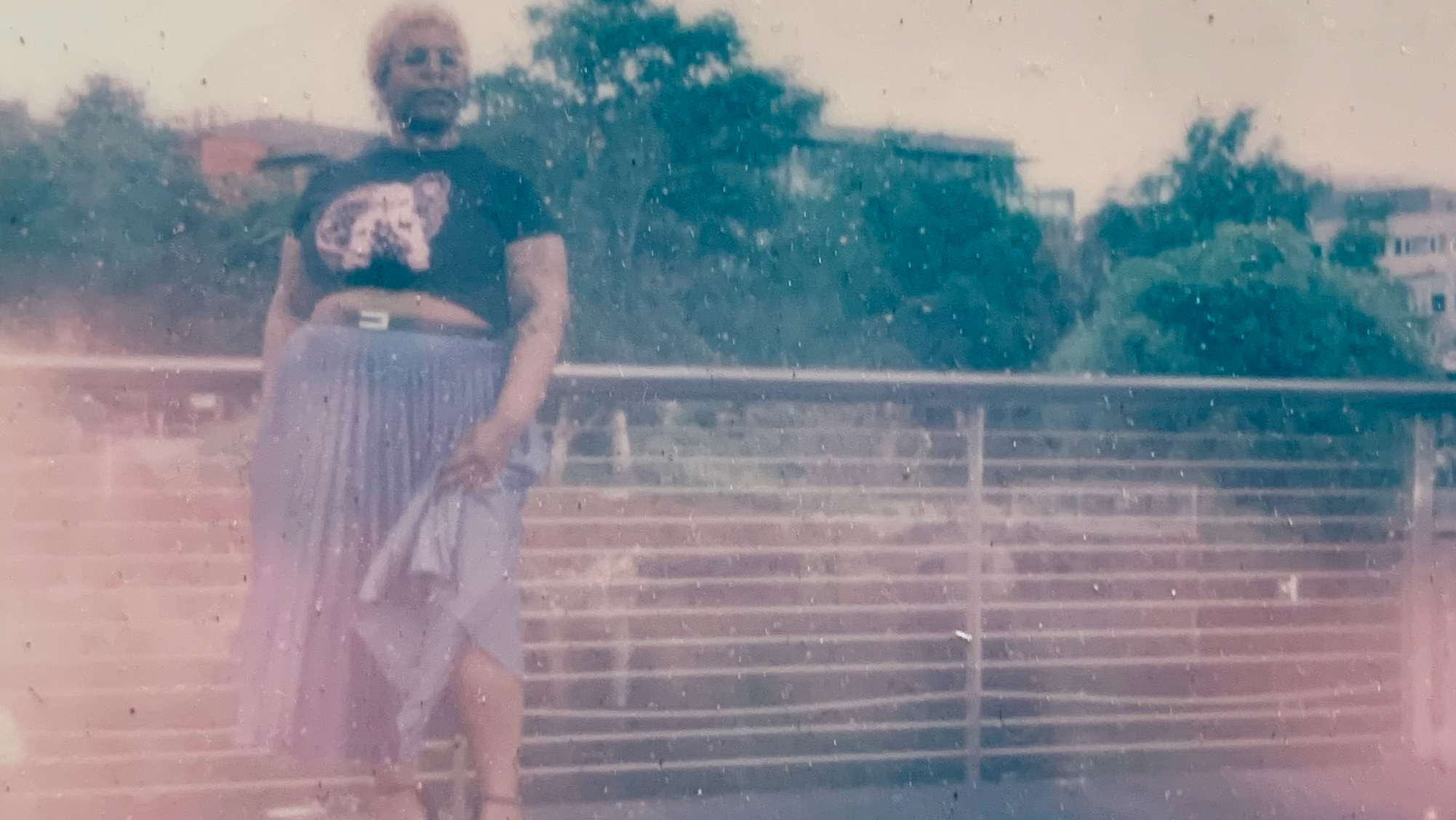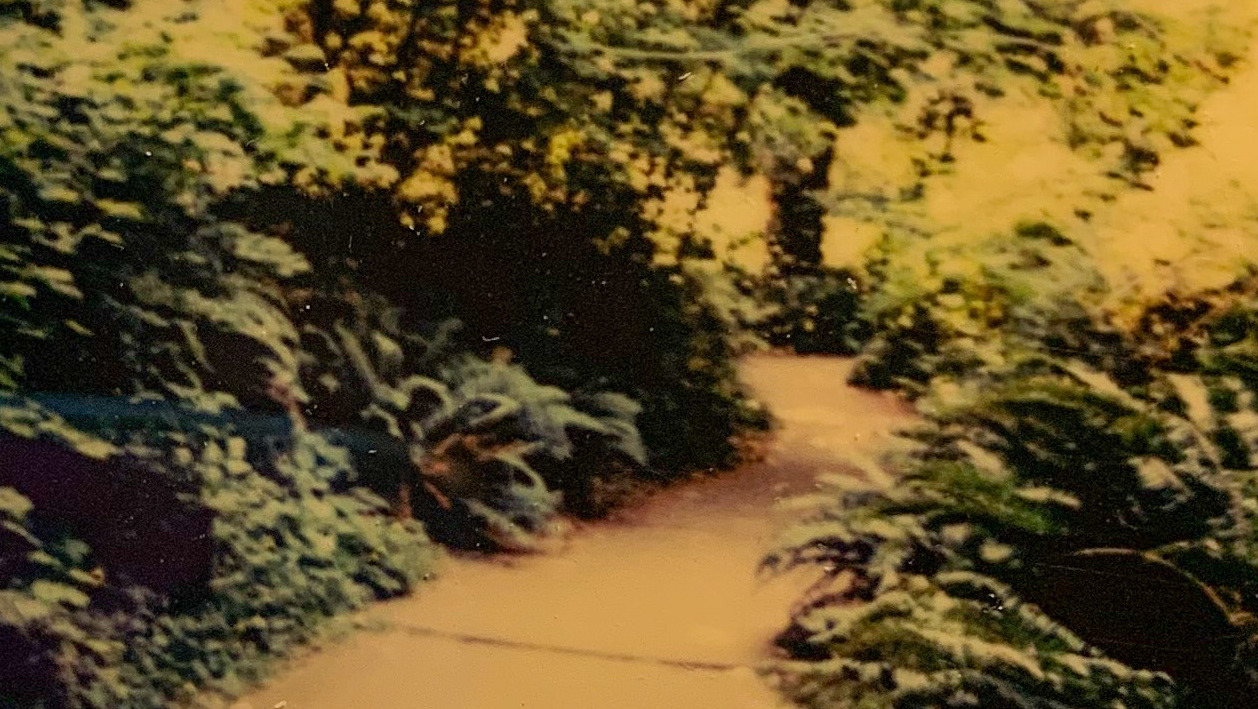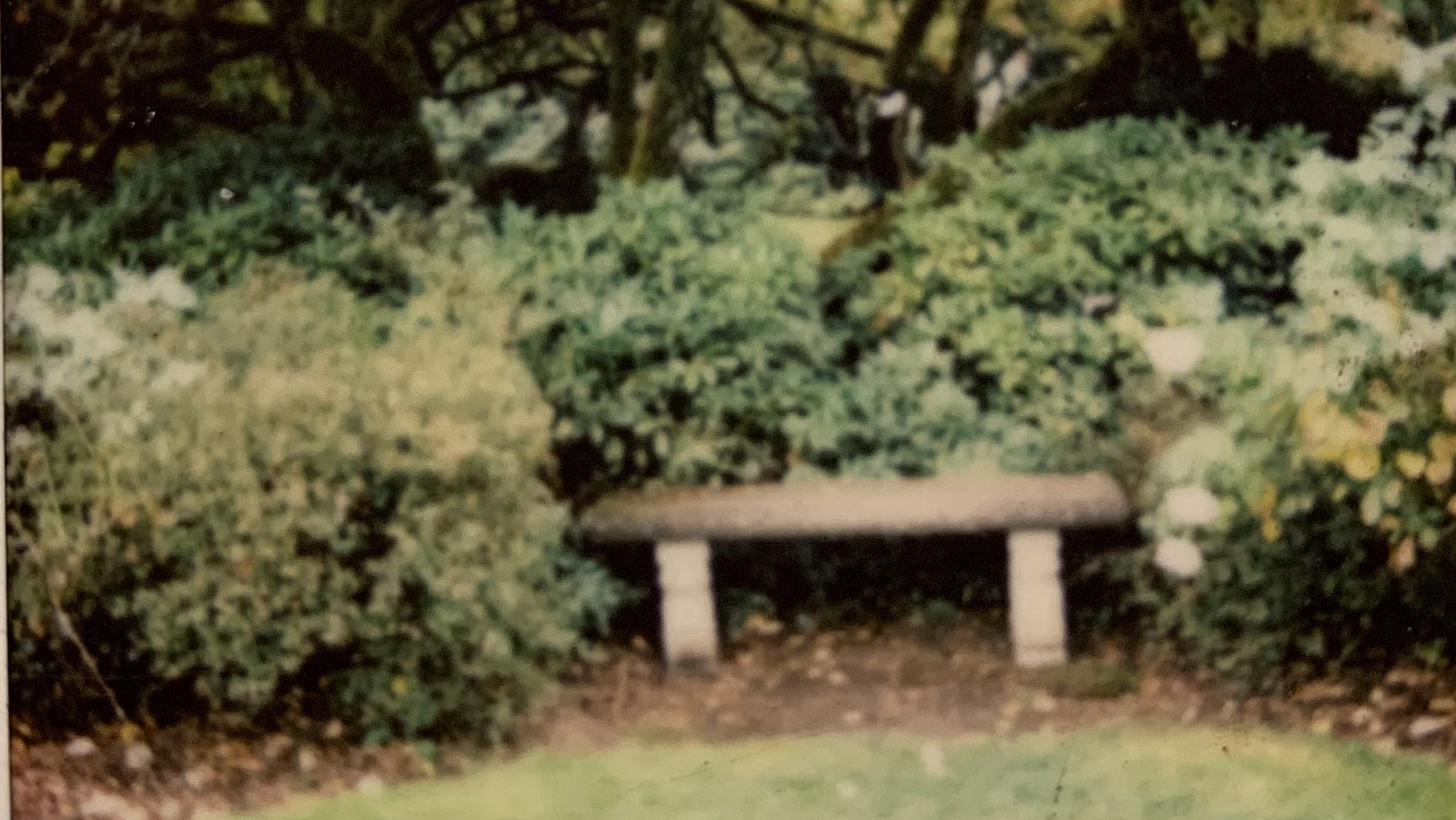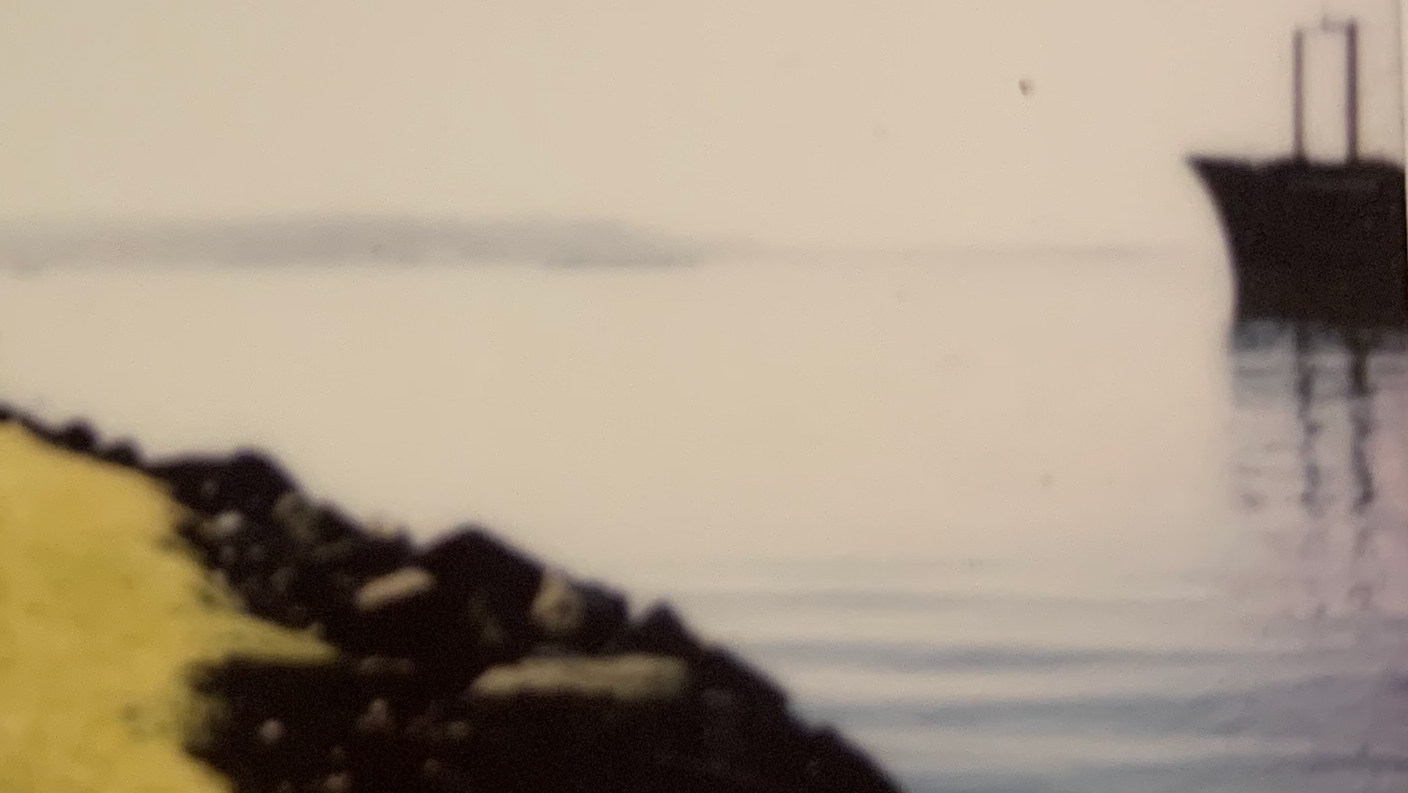Philosophy
My Black, queer sensibilities force me to embody academic practices that are innovative and experimental brought to us by Black feminist and queer educators, creatives, and learners. Throughout my courses on Black studies, literary and art criticism, and compositional practices, my priorities are: building reading lists that inform students on gendered and racial subjectivities; offering assignment prompts that allow students to create multimodal projects that speak to the concerns in students’ community and audience; and providing tools and spaces for students to advocate for their learning.
I employ transhistorical and temporal fluid approaches to scaffolding. For example, when discussing narratives of slavery, I juxtapose Simone Leigh’s Loophole of Retreat (2019) exhibition with Harriet Jacobs’s Incidents in the Life of a Slave Girl (1861). Students understand what connects the two works and how they both respond to the same historical, gendered, and political subjection but at different points of history. I disrupt the chronological ordering of texts to make clear the long-lasting and temporal effects of anti-Blackness, as well as the temporal nature of Black expression. Such scaffolding is inspired by Black queer theories arguments around challenging linear temporality.
Because my assignments are often multimodal (zines, podcasts, vlogs, etc), I have developed non-traditional assessments that balance direct instruction while fostering student independence and agency. I use labor-based grading. I give directions on what I expect from each student— page/time lengths per mode, research quantity (number of citations), number of drafts. I assess/grade the completeness of the project and offer feedback on the quality and effectiveness of the project. I develop pedagogical practices that decenter myself as the primary source of knowledges in the classroom. For written comments on student’s projects, I often pose my feedback as questions and suggestions. This is so that students understand that ultimately, they are the final decision makers on their work. I prioritize peer review opportunities. Peers are encouraged to collaborate with each other and share their insights, feedback, and ideas, thereby embracing the diversity inherent in human experiences.
My primary goal as an educator is to build learning environments where students can practice becoming scholars, writers, and thoughtful producers on Black and other ethnic cultural productions. Through experimentation, collaboration, and interdisciplinary methods, the classroom because a communal space to learn and play while contributing to the growing body of literary criticism, art history, and the field of cultural studies.
Course List
Literary and Cultural Studies Courses
"Shadow Work: Psychoanalysis Theory and Black Literary & Visual Art" for Comparative History of Ideas 260\University of Washington (UW) (1 section)
"Black Speculative Fiction through Black Feminist and Queer Theories: The Crafting of Elsewhere" for Comparative History of Ideas 250\ UW (1 section)
"Black Horror Stories--Literature and Cinema" for African American 318\ University of Washington, UW (1 section)
Writing and Composition Courses
"Multimodal Expository Writing" for English 101: English Composition, Seattle Central College (4 sections)
"Multimodal Expository Writing" for English 131: Composition: Exposition, UW (3 sections)
"Comedy Writing Across Media" for English 281/381: Intermediate/Advance Expository Writing, UW (2 sections)
